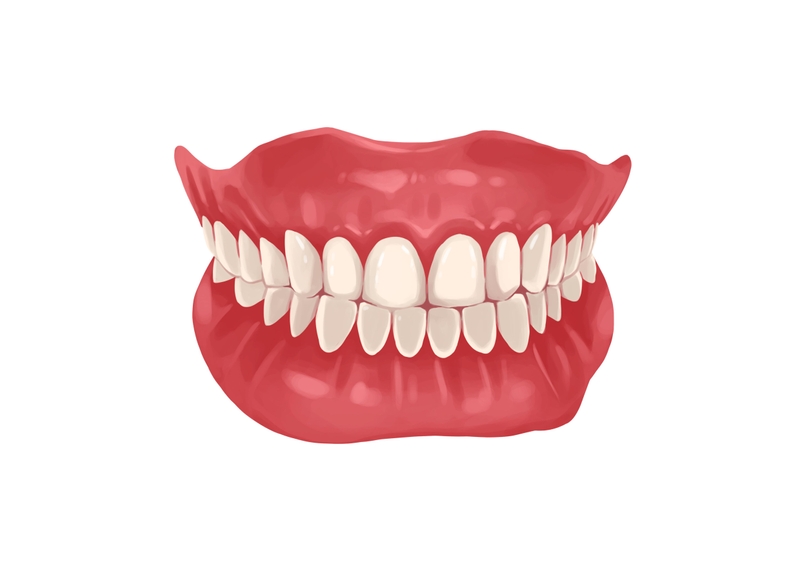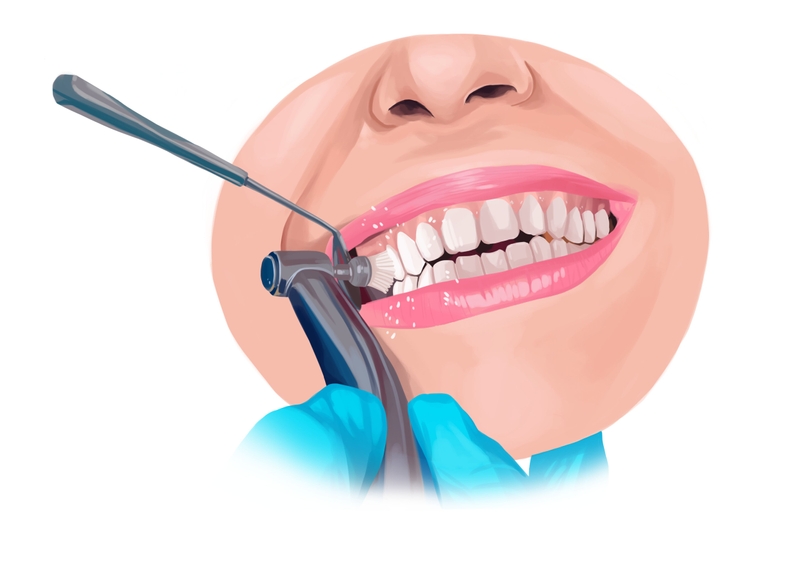- The cost of tooth bonding usually ranges from $300 to $600. The price depends on the location of the tooth and the extent of the treatment.
- Tooth bonding is an affordable dental restoration. It produces aesthetically pleasing results and is suitable for a variety of corrective procedures.
- You may also need to have additional treatments, such as a dental exam, professional teeth cleaning, and teeth whitening. You will have to pay for the costs of these additionally.
Searching for a budget-friendly dental bonding services? Use Authority Dental to find and book affordable dentists near you.
Learn the average dental bonding cost, including tooth and composite bonding prices, insurance coverage, and what affects your final bill.
Average dental bonding cost

Picture by Authority Dental under CC 2.0 license
Dental bonding cost varies between $300 and $600, with an average price of $400. This is the tooth bonding cost without insurance and extra procedures.
Some treatments with teeth bonding may be slightly cheaper. For example, the price of dental bonding for gum recession is between $100 and $400. In this case, the resin is applied only to the exposed tooth roots to reduce sensitivity and improve aesthetics.
The cost depends mainly on your location, the expertise of the dentist, and the extent of the treatment. There’s not much difference between offices in materials used nor variation in technology. The procedure is not complicated. The choice of a specialist is the main factor altering the price.
Material-wise, tooth bonding is inexpensive. The cost of composite resin, the main substance used in the procedure, ranges from $10 to $30 per tooth. Together with bonding agents and etching gels, the raw dental materials constitute only $20 to $50 per tooth of the total dental bonding cost.
Costs associated with composite teeth bonding

Picture by Authority Dental under CC 2.0 license
Usually, preparation for composite resin bonding is minimal, with no drilling or anesthesia required. This makes the treatment less expensive.
However, bear in mind that some other procedures have to be done prior to the restoration. Opting for a full professional cleaning or teeth whitening can increase the overall price. The costs of these additional procedures can vary between $100 and $625, based on your oral health and the specialist.
Take these expenses into account when planning your budget.
| PROCEDURE | AVERAGE COST | COST RANGE |
|---|---|---|
| Oral exam | $100 | $50-$200 |
| Professional cleaning | $100 | $50-$500 |
| Teeth whitening | $300 | $125-$625 |
Which procedures you will need depends on your individual situation. The dentist makes the final decision.
Oral exam
First, the specialist will evaluate whether you are a good candidate for dental bonding. This restoration suits best for small corrections in low-pressure bite areas, such as front teeth. You will discuss possible forms of treatment and decide which is the best for you.
Professional cleaning
Before you cover your teeth with composite resin, you want them as clean as possible. Professional cleaning removes the buildup of bacteria and tartar from the spaces between teeth and gums. This prevents the development of germs underneath the protective layer.
Teeth whitening
Teeth bonding resembles natural dentition so much that it’ll be hard to tell a difference. However, there’s a catch: once chosen, the color cannot be changed. Composite resin doesn’t react with the whitening agent. If you bleach your natural teeth after getting a dental bonding, the restored ones remain darker. Plan this procedure in advance.
Is dental bonding covered by insurance?
The insurance is likely to reimburse an oral exam and teeth cleaning. Dental bonding itself is covered only in some cases.
For example, if the procedure is recommended by a dentist to fill a cavity, an insurance provider might cover some percentage of the expenses. If restoration is done for cosmetic reasons (for example: to fix mamelons teeth), you’ll have to pay out-of-pocket. Teeth whitening won’t be refunded, even when bonding is medically advised.
The alternative to insurance is a dental plan. It works like a membership: for a monthly fee, visits to in-network dentists have reduced prices. You can save up to 60% on your dental bills.
There are no yearly maximums or limitations of treatment. It also applies to cosmetic procedures. Dental plans can be used independently of insurance or when you reach the annual limit.
FAQ
How much does dental bonding for gaps cost?
The cost of cosmetic dental bonding used to close gaps between teeth depends on the size of the diastema. The average price for the treatment of small gaps is below $200. Closing the large ones, especially in the presence of other dental issues, can cost between $800 and $1000.
Is dental bonding worth the price?
Is dental bonding cheaper than veneers?